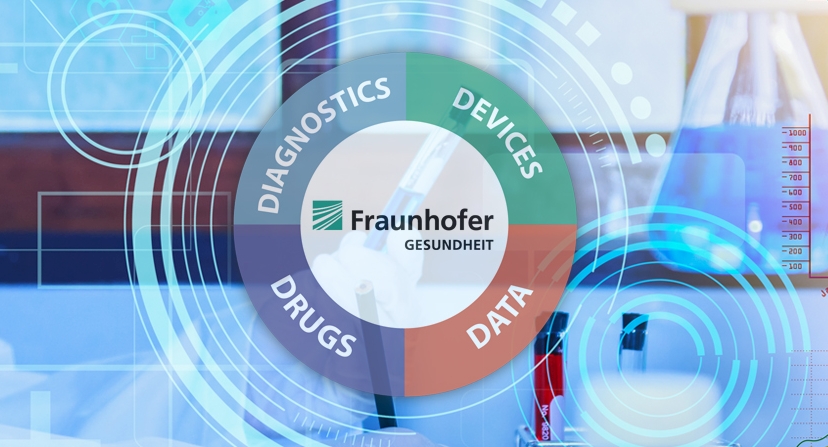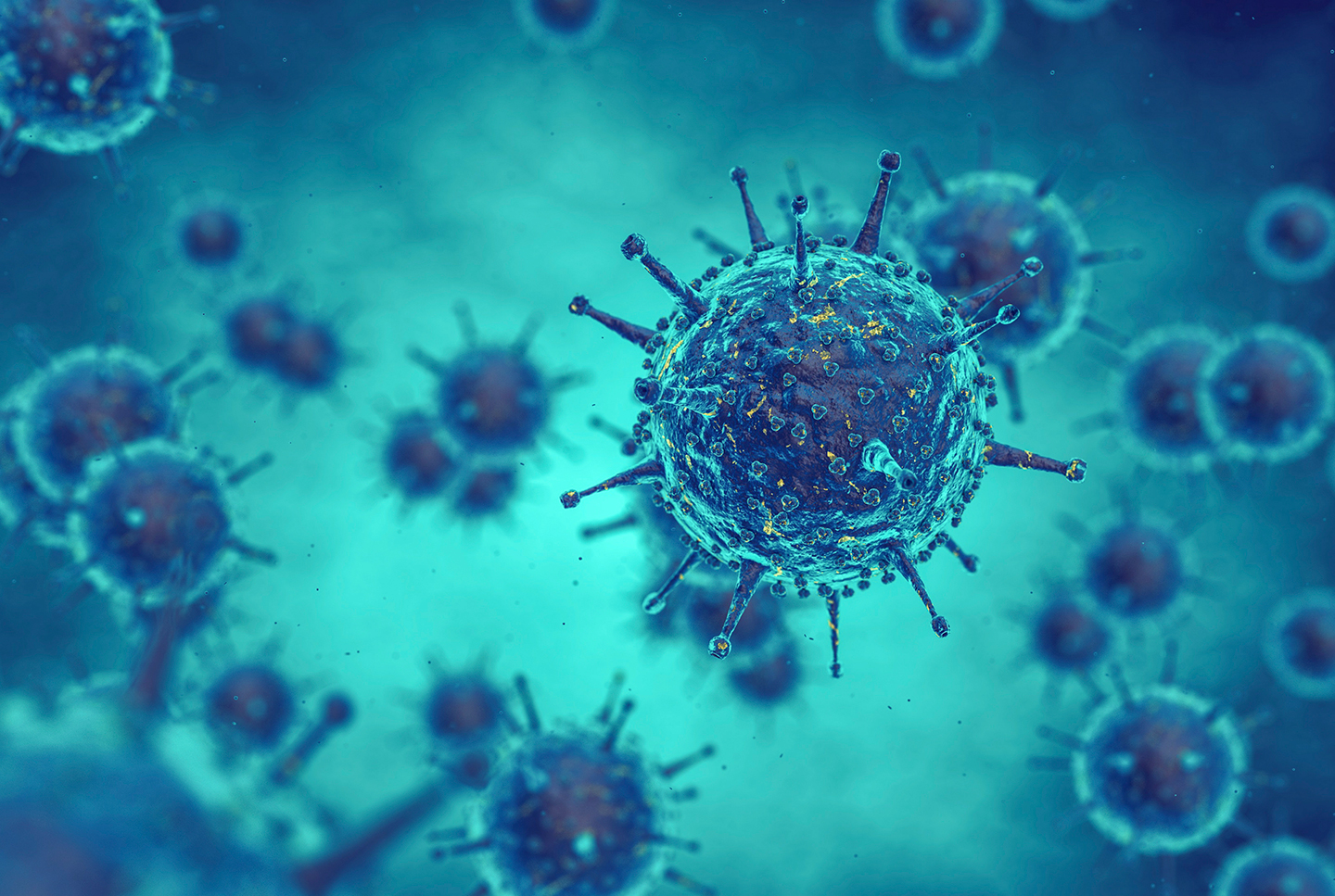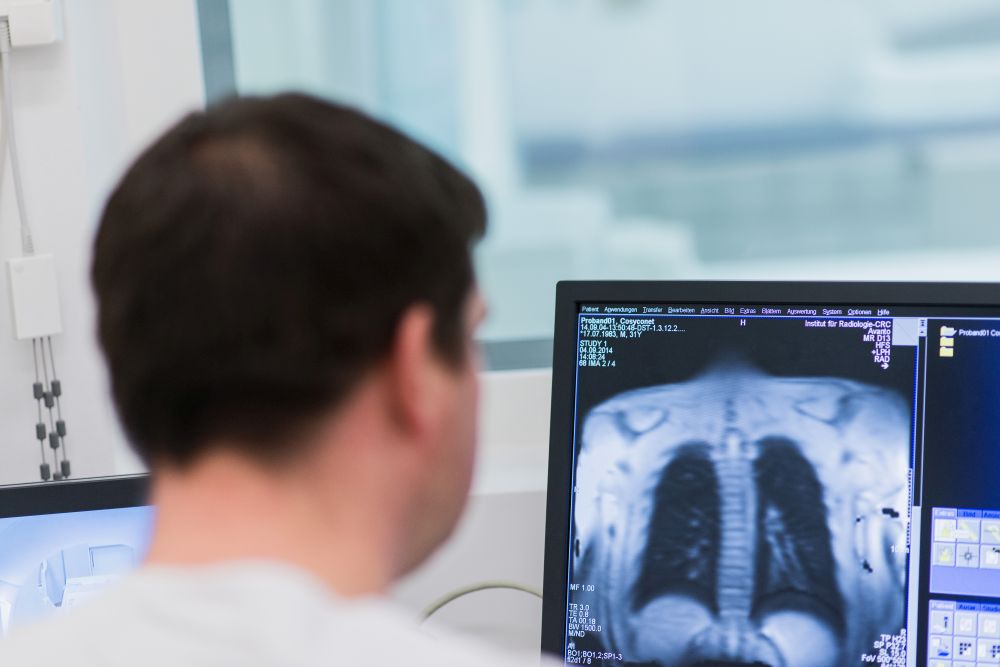Active participation in committees
Prof. Dr. Christian Bär
MD/Ph.D. commission “Molecular Medicine” of the Hannover Biomedical Research School (HBRS) of the Hannover Medical School (MHH)
Ph.D. examination board for “Anatomy and Cell Biology” at the Hannover Medical School (MHH)
Working group on »Myocardial Function« (WG 4) of the European Society of Cardiology (ESC)
Working groups on myocardial function and energetics “AG 13 Myokardiale Funktion und Energetik” and on cardiovascular regeneration “AG 31 Kardiovaskuläre Regeneration” of the German Cardiac Society (DGK)
Program Committee “Medical Scientist Programme” of the Hannover Medical School (MHH)
Member of the editorial board of the international journal “Molecular Therapy Nucleic Acids“
Reviewer for numerous national and international organizations and foundations, incl. German Research Foundation (DFG), German Cardiac Society (DGK), Swiss National Science Foundation (SNF), Irish Research Council (IRC) and AFM-Telethon
Reviewer for international journals in cardiovascular diseases and therapies (incl. “Nature Medicine”, “Nature Communications”, “Nature Reviews Cardiology“, “European Heart Journal“, “Circulation Research“, “Cardiovascular Research“, “npj Regenerative Medicine“, “Advanced Science“, “ESC Heart Failure“, “Basic Research in Cardiology“, and “Molecular Therapy“)
Dr. Annette Bitsch
Working committee on probabilistic exposure and risk assessment “Probabilistische Expositions- und Risikoabschätzung”
Board member of the German Toxicology Society (GT)
Expert panel 110 on cooling lubricants “Kühlschmierstoffe” of the Association of German Engineers (VDI) Technical Division 1 “Production Technology and Manufacturing Methods”
Interim Scientific Adisory Council (iSAC) for the reorganization of the Evidence-Based Toxicology Collaboration (EBTC) at Johns Hopkins Bloomberg School of Public Health
Mentor in the Fraunhofer career program for female scientists TALENTA
Reviewer in the peer-review process for the German Federal Health Bulletin “Bundesgesundheitsblatt”
Reviewer for international journals published by Elsevier (incl. “Regulatory Toxicology and Pharmacology”)
Katharina Blümlein Ph.D.
Working group on analyses in biological materials “Analysen in biologischem Material” of the German Research Foundation (DFG)
Prof. Dr. Armin Braun
MD/Ph.D. commission “Molecular Medicine” of the Hannover Medical School (MHH)
Scientific advisory committee of the German Society for Allergology and Clinical Immunology (DGAKI)
German Center for Lung Research (DZL)
External assessor for international foundations
Reviewer for international journals in respiratory medicine and immunology (incl. “Journal of Allergy and Clinical Immunology”)
Dr. Gustav Bruer
Working group “Respiratory Toxicology” of the German Toxicology Society
Reviewer for international journals in pharmacology and toxicology (“Nature Research – Scientific Reports”)
Dr. Otto Creutzenberg
Reviewer for international journals in particle and fiber toxicology (“Particle and Fibre Toxicology”, “Inhalation Toxicology”)
Uta Dörfel
Working group on GLP analytics “GLP-Analytik” of the German Quality Management Association (GQMA)
Dr. Sylvia Escher
DFG Senate Commission for the Investigation of Health Hazards of Chemical Compounds in the Work Area (MAK Commission): working group on carginogenic substances
Priv.-Doz. Dr. Jan Fiedler
Program committee for the Ph.D. program “Regenerative Sciences” at the Hannover Biomedical Research School (HBRS)
Reviewer for international journals in cardiovascular research
Dr. Ulrich Froriep
Member of the Focus Group Medical Technology of the IVAM Microtechnology Network
German Neuroscience Society
Society for Neuroscience (SfN)
Dr. Jens Gerdelmann
Working groups on GLP quality assurance/monitoring “GLP: Qualitätssicherung/Überwachung”, GCP quality management “GCP-Qualitätsmanagement”, and medical devices “Medizinprodukte” of the German Quality Management Association (GQMA)
Dr. Stefan Hahn
Chair of the German Chemical Society (GDCh) Division of Environmental Chemistry and Ecotoxicology
Working committee on chemical risk assessment of the German Chemical Society (GDCh) division of environmental chemistry and ecotoxicology “Umweltchemie und Ökotoxikologie”
Working group “Exposure models” of ISES Europe (Europe Regional Chapter of the International Society of Exposure Science)
Reviewer for international journals in environmental and exposure sciences (incl. “Environmental Science & Technology”, “Annals of Work Exposures and Health”, and “Journal of Exposure Science & Environmental Epidemiology”)
Martina Heina
IT division of the International Association for Pharmaceutical Technology (APV)
Working groups on archiving “Archivierung” and information technology “IT” of the German Quality Management Association (GQMA)
Dr. Martin Hoffmann
Working group on bioinformatics at Comprehensive Cancer Center Ostbayern (CCCO)
Prof. Dr. Jens Hohlfeld
External assessor for the German Research Foundation (DFG)
Steering committee of the research network “Biomedical Research in Endstage And ObsTructive Lung Disease Hannover” (BREATH) within the German Center for Lung Research (DZL)
Board member of the interdisciplinary allergy center of the Hannover Medical School (MHH)
Reviewer for international journals (incl. “American Journal of Respiratory and Critical Care Medicine”, “European Respiratory Journal”, and “Journal of Allergy and Clinical Immunology”)
Dr. Olaf Holz
Reviewer for international journals (incl. “American Journal of Respiratory and Critical Care Medicine”, “Journal of Breath Research”, “European Respiratory Journal”, “PLOS ONE”, “Respiratory Research”, and “BMC Pulmonary Medicine”)
Dr. Rupert Kellner
Councilor for electronic communication and member of the Executive Board of the European Society of Toxicologic Pathology (ESTP)
Global Editorial and Steering Committee (GESC) for the initiative “International Harmonization of Nomenclature and Diagnostic Criteria for Lesions in Rats and Mice” (INHAND)
Prof. Dr. Christoph Klein
External assessor for numerous national and international organizations and foundations: German Research Foundation, German Federal Ministry of Education and Research, Wilhelm Sander Foundation for Cancer Research, ERC, Deutsche Krebshilfe, Christian Doppler Research Association, Dutch Cancer Society, Association for International Cancer Research, EU-FP7, MRC, Cancer Research UK, Kegg-Foundation
Deputy chairman of the scientific committee of Comprehensive Cancer Center Ostbayern (CCCO)
Deputy spokesperson of the “Lighthouse Group – Omics, Genomics and Liquid Biopsy” of the Bavarian Center for Cancer Research (BKFZ)
Member of the advisory board of Bioᴹ Biotech Cluster Development GmbH
Reviewer for international journals in oncology (incl. “Nature”, “Nature Biotechnology”, “Nature Cell Biology”, “Nature Medicine”, “Cancer Cell”, “Science”, “PNAS”, “American Journal of Pathology”, “Cancer Research”, “Clinical Cancer Research”, “International Journal of Cancer”, “Nucleic Acid Research”, “European Journal of Immunology”, “Lancet Oncology”, “European Journal of Cancer”, “PLOS ONE”, and “Oncotarget”)
Prof. Dr. Wolfgang Koch
Reviewer for international journals in aerosol physics and aerosol technology (incl. “Journal of Aerosol Science”, “Aerosol Science and Technology”, and “Annals of Work Exposures and Health”)
Dr. Imke Korf
Reviewer for international journals on bacteriophages
Prof. Dr. Norbert Krug
Chair of the Clinical Trial Board of the German Center for Lung Research (DZL)
Steering committee of the research network “Biomedical Research in Endstage And ObsTructive Lung Disease Hannover” (BREATH) within the German Center for Lung Research (DZL)
External assessor for the German Research Foundation (DFG)
Steering committee of the Fraunhofer Research Cluster “Immune-Mediated Diseases” (Fraunhofer CIMD)
Scientific advisory committee of the German Society for Allergology and Clinical Immunology (DGAKI)
DEAL project group of the Alliance of Science Organisations in Germany
Working group “Fraunhofer-Gesellschaft and Deutsche Hochschulmedizin”
Reviewer for international journals in allergology, immunology, and respiratory diseases
Prof. Dr. Nico Lachmann
Extended Board of the German Stem Cell Network (GSCN)
EU Deputy Representative of the Hannover Medical School (MHH)
Senate Section II of the Hannover Medical School (MHH)
Steering Committee REBIRTH – Research Center for Translational Regenerative Medicine at the Hannover Medical School (previously REBIRTH cluster of excellence “From REgenerative BIology to Recontructive THerapy”)
External assessor for numerous national and international organizations incl. the European Research Council (ERC) and the German Research Foundation (DFG)
Reviewer for numerous international journals (incl. “Nature”, “Nature Immunology”, “Nature Reviews Immunology”, “Nature Reviews Disease Primer”, “Nature Communications”, “Nature Communications Medicine”, “Nature Biomedical Engineering”, “Cell Stem Cell”, “iScience”, “Stem Cell Reports”, “eBioMedicine”, and “AJRCCM”)
Dr. Oliver Licht
Working group on sustainable chemicals policy “Nachhaltige Chemikalienpolitik” of the 8th Lower Saxony Governmental Commission on sustainable environmental policy and digital change
Working committee on regulatory toxicology “Regulatorische Toxikologie” of the German Toxicology Society (GT)
Public relations delegate of the German Toxicology Society (GT)
Dr. Meike Müller
Network of ombudspersons in Lower Saxony
Dr. Gerhard Pohlmann
International Society for Aerosols in Medicine (ISAM)
PD Dr. Bernhard Polzer
External assessor for the Wilhelm Sander Foundation for Cancer Research
External assessor for the Carl-Zeiss-Stiftung
Reviewer for international journals in pathology and oncology (“Cancers”, “Chemical Science”, “Cytometry A”, “International Journal of Cancer”, “Journal of Visualized Experiments”, “Oncotarget”, “Scientific Reports”, “Expert Reviews of Molecular Diagnostics”, and “Molecular Oncology”)
Member of the clinical study groups on “Primary and Secondary Malignant Brain Tumors in Adults” and “Central Nervous System Tumors in Children and Adolescents” and member of the “Lighthouse Group – Omics, Genomics and Liquid Biopsy” of the Bavarian Center for Cancer Research (BKFZ)
Prof. Dr. Antje Prasse
External assessor for the German Research Foundation (DFG)
Board member of the Scientific Working Group for the Therapy of Lung Diseases (WATL)
Board member of Deutsche Atemwegsliga e. V.
Board member of the World Association of Sarcoidosis and other Granulomatous Disorders (WASOG)
Coordinator of the ILD group in the European Reference Network on Respiratory Diseases ERN-LUNG
Spokesperson for the disease area “DPLD” in the research network “Biomedical Research in Endstage And ObsTructive Lung Disease Hannover” (BREATH) within the German Center for Lung Research (DZL)
Deputy member of the Ph.D. admissions committee of the Hannover Medical School (MHH)
Reviewer for international journals (incl. “American Journal of Respiratory and Critical Care Medicine”, “European Respiratory Journal”, “Journal of Clinical Investigation”, “JCI Insights”, “Nature Communications”, “American Journal of Respiratory and Cell Biology”, and “Thorax”)
Associate editor of “PLOS ONE”
Prof. Dr. Tobias Pukrop
Chairman of the working committee on malignant tumors of the CNS “ZNS Malignome” of the German Society of Hematology and Oncology
Board member/deputy speaker of CCC Alliance WERA
Steering board of the working panel on CNS/leptomeningeal spread “ZNS/Meningeosis” of the working group on internal oncology “Arbeitsgemeinschaft Internistische Onkologie (AIO)” of the German Cancer Society (DKG)
Steering board of the Collaborative Reserach Center/Transregio (SFB/TRR) 305: Striking a moving target: From mechanisms of metastatic colonization to novel systemic therapies
Steering board of the Molecular Tumor Board of the University of Regensburg
Steering board of the Brain Tumor Center (ZHT) of the University of Regensburg
Executive Board of the Bavarian Center for Cancer Research (BKFZ)
European Society for Medical Oncology (ESMO)
Priv.-Doz. Dr. Susanne Rittinghausen
“Guess What” committee of the European Society of Toxicologic Pathology (ESTP)
Global Editorial and Steering Committee (GESC) for the initiative “International Harmonization of Nomenclature and Diagnostic Criteria for Lesions in Rats and Mice” (INHAND)
INHAND (International Harmonization of Nomenclature and Diagnostic Criteria) organ working groups “Respiratory System”, “Endocrine System” and “Soft Tissue”
Dirk Schaudien Ph.D.
INHAND (International Harmonization of Nomenclature and Diagnostic Criteria) working groups “Non-rodents: Minipig”, “Respiratory System”, and “Skeletal Tissues (Bones, Joints and Teeth)”
“Pathology 2.0” committee of the European Society of Toxicologic Pathology (ESTP)
“Guess What” committee of the European Society of Toxicologic Pathology (ESTP)
Examination board of the European College of Veterinary Pathology
Dr. Stefanie Scheffler
Working group on e-cigarettes and liquids for e-cigarettes of the DIN Standards Committee “Food and Agricultural Products”
Dr. Sven Schuchardt
Treasurer of the German Society for Metabolome Research
Working group on air analyses “Luftanalysen” of the German Research Foundation (DFG)
Leibniz-Institut für Analytische Wissenschaften – ISAS – e. V. (Leibniz Institute for Analytical Sciences)
SAE AC-9M Cabin Air Measurement Committee
Dr. Florian Schulz
DFG Senate Commission for the Investigation of Health Hazards of Chemical Compounds in the Work Area (MAK Commission): working group on the definition of threshold limit values for dusts
Committee on Hazardous Substances (AGS) under the German Federal Minister of Labor and Social Affairs: Subcommittee III for the evaluation of hazardous substances “Gefahrstoffbewertung”, working groups on metals and fibers/dust
Advisory Board of the European Certification Board for Mineral Wool Products (EUCEB)
External expert in the quality control committee of the mineral wool quality assurance association “RAL-Güteqemeinschaft Mineralwolle” (GGM)
Dr. Katherina Sewald
Steering group of the workshop “Respiratory Toxicity”
German Center for Lung Research (DZL): Young Scientists committee
Member of the official ATS Workshop „Guidelines for Precision-cut lung slices“
Co-chair of the expert group Human Tissue of the International Life Sciences Institute (ILSI), Europe
Executive committee on basic research in the research network “Biomedical Research in Endstage And ObsTructive Lung Disease Hannover” (BREATH) within the German Center for Lung Research (DZL)
Mentor in the Fraunhofer career program for female scientists TALENTA
External assessor for international research grants
Reviewer for the international journals “Toxicology Letters”, “Toxicology in Vitro”, “Nanotoxicology”, “ATOX”, and “PLOS ONE”
Dr. Jens Warfsmann
Working group on bioinformatics at Comprehensive Cancer Center Ostbayern (CCCO)
Prof. Dr. Lena Wiese
Special interest group “Digital Health” and working group on “Data Science and Data Engineering” of the German Informatics Society
Dr. Dorothee Winterberg
Working group on respiratory toxicology “Respirationstoxikologie” of the German Toxicology Society (GT)
Association of Inhalation Toxicologists (AIT)
German Center for Lung Research (DZL)
Dr. Christina Ziemann
Chair of the working group on statistics of the German Society for Environmental Mutation Research (GUM)
Working group on “Genotoxicity” of the DIN Standards Committee “Water Practice”
Working groups on carcinogenesis “Kanzerogenese” and on respiratory toxicology “Respirationstoxikologie” of the German Toxicology Society (GT)
Member of the program committee for the annual Germa Pharm-Tox Summit (GPTS) of the German Society for Experimental and Clinical Pharmacology and Toxicology (DGPT) for contributions from the German Society for Toxicology (GT)
OECD pool of experts of the German Federal Institute for Risk Assessment
Reviewer for international journals in genetic toxicology, nanomaterials, and quartz
Panelist for the expert workshop of the Food and Drug Administration (FDA) and the Health and Environmental Sciences Institute (HESI) “Building A Research Roadmap for Hazard and Risk Assessment of Nitrosamine Impurities in Drugs”
 Fraunhofer Institute for Toxicology and Experimental Medicine
Fraunhofer Institute for Toxicology and Experimental Medicine


